Welcome
I started this blog in 2013 to share my reflections on reading, writing and psychology, along with my journey to become a published novelist. I soon graduated to about twenty book reviews a month and a weekly 99-word story. Ten years later, I've transferred my writing / publication updates to my new website but will continue here with occasional reviews and flash fiction pieces, and maybe the odd personal post.
|
Let me tell you about these two novels about women’s lives in terrain under occupation by external powers. The first is a historical novel about the struggle for personal and political freedom in 20th-century Greece. The second is a futuristic dystopia about how, in the climate crisis, the wealthy lay claim to the coolest lands.
4 Comments
Black, Queer and marginalised: Didn’t Nobody Give a Shit What Happened to Carlotta & Crosshairs12/12/2022 Two novels about the shit that can happen when you’re Black and gender nonconforming that also acknowledge the joy of living true to oneself.
A woman lives with her husband on a farm a short distance from a small town. There’s a distance between the partners also but they’re bound by habit and circumstance. When strangers arrive on their land, convention dictates they should chase them away. Instead, a tentative friendship develops, much to their neighbours’ disapproval and it’s not too long before violence ensues.
The link is often tenuous when I pair my reviews. But, even when there’s a common theme, it’s unusual for a four-sentence summary to serve both. Heck, even the covers match! Yet, while both brilliant debuts, these are very different novels: the first a near-future cli-fi dystopia; the second a historical novel set at the end of the American Civil War. Read on to see which you’ll pick up first! Do you remember that song about the sisters, devoted to each other … unless a man should come between them? Here are two versions of the novelisation of that story. In the first, set primarily in the Philippines, the two daughters of a former dissident compete for the affections of a powerful man. In the second, a YA dystopian novel, thirty teenagers who’ve been raised together, and think of each other as sisters, also hope to be chosen a high-status man. In both cases, their position is bleak, but the culture and politics of the society they inhabit render the alternative bleaker still.
I’ve paired these two novels because they both address human failings in unconventional ways. The first, translated from the Danish, illustrates the barriers to connection via a large cast of characters. The second is a zany take on our collective complicity in environmental collapse. Oh, and because the title of the first reminds me of Dali’s telephone, while I can only assume the enigmatic title of the second is intentionally surreal.
When I selected these books for my first reviews of 2022, I thought all they shared was their UK publication date of January 6th. I was wrong. Both are unconventionally structured novels by and about migrants, from the Indian subcontinent, to rich countries founded on the genocide of their indigenous populations, where truth is sometimes sacrificed on the altar of populist politics and the realities of racism and the climate crisis denied. Read on for the different ways these authors handled their theme.
I’m sharing my thoughts about three recent reads set in communities slightly apart from the mainstream: the first two in contemporary residential care settings and the third in a dystopian future world. In genre they’re also slightly apart from my usual fare: the first mass-market commercial fiction; the second, a translation (and therefore closest to my usual); the third, cyberpunk. Each offered something to intrigue and enjoy.
Both of these novels defy easy classification, but I’ve chosen to pair them for their themes of the legacy of slavery, or the way in which owning another person demeans us all. In the first, we follow a young man, marked by his unusual appearance, from babyhood in Jamaica shortly before independence to England and back. The second is a translated Argentinian dystopian novel about cannibalism. In both novels, a character, or characters, withhold or are denied their voice.
Both these novels feature characters who are challenged and/or challenge others with their different-from-average minds. In the first, it’s a young man with Down’s syndrome, viewed from the perspective of his loving father. In the second, it’s a young woman, latterly diagnosed with schizophrenia, who inadvertently time travels to Elizabethan England. If that doesn’t sound like your kind of book, do give me the chance to persuade you otherwise!
What happens when childlessness develops from being a personal matter to a problem for society as a whole? In Margaret Atwood’s imagined Gilead an alarming drop in the live birth rate calls for Draconian measures, building a society where a woman’s mind and body are subservient to her reproductive potential. In Perumal Murugan’s rural South India, childlessness is a threat to the established order, with friends and neighbours pitching in with advice and criticism, indifferent to the infertile couple’s private grief.
In both these novels, the first set in contemporary New York and Nice and the second in a hypothetical future Tokyo, an older man is looking after a young relative in less than ideal circumstances. In different ways, they illustrate generational interdependence and how the past actions, or inactions, of the older generation have brought about some of the difficulties experienced by the young.
How far should we go to maintain order? Are the winners responsible for the wellbeing of those who’ve drawn the short straw? I’ve recently read two quirky novels in which character is secondary to situation, exploring dystopian societies with elements uncomfortably mirroring our own. The first focuses on tech infiltration of the political and personal; the second on the violence inherent in safeguarding resources for ourselves.
Two novels set in Britain that feature climbing. In the first, it’s the hobby verging on obsession of three of the four main characters, in a homage to Sheffield and the nearby Peak District National Park; in the second, a cli-fi thriller, surmounting the wall is what the narrator and his peers are conscripted to prevent. Thanks to publishers Chatto and Windus and to Faber for my review copies.
Three short reviews of quirky novels published in the UK this month that have taken me around the world without having to leave my armchair. The first, set in Australia, marries historical fact with a lonely alien visitor. The second, set in South Africa, posits an alternative near future where the sick are quarantined. The third, a German translation set in Japan, pairs a suicidal student with an expert on beards for a journey in the footsteps of a revered haiku poet.
Two novels with a fantasy element: the first set in the near future; the second a century in the past. Both feature humans with transmuted bodies: the first through an accelerated process of devolution; the second as a congenital condition, although the explorers who come upon them believe they represent an intermediate stage in human evolution.
Excuse me for bridging such different novels, although both are about the challenge of connection, one looking to the future and the other to the past. In the first, translated from the French, a famous artist juggles the contradictions of Christian and Muslim cultures when he’s commissioned to design a bridge between two shores of a capital city. In the second, a teenage boy more comfortable in the virtual world than the human, ends up fighting for his life when he forges stronger connections between the hemispheres of his brain.
Martha might be twice the age of Ia in All Rivers Run Free, and could well have more than twice her education and wealth, but she shares her grief at lost loved-ones, and expectations, in a simple dwelling where the land meets the sea. Both are in parts of the British Isles that have suffered financial and cultural erosion as a result of English domination, although the Ireland where Martha’s deceased husband had a cottage is experiencing an economic revival, while Ia’s Cornwall is even more desolate for the rural poor than it is today. The authors of both these novels are female poets; read on to see whether either takes your fancy.
Setting a novel in the near future requires two extra decisions. To what extent will this imagined world differ from what’s familiar today? What defines that difference? Although the social, environmental and technological developments or regressions in this fictional landscape are inevitably interlinked, one factor tends to dominate (and perhaps determines the readership to which it most appeals). At least that’s what I’ve been thinking since reading The Unit and Anna back-to-back (as well as recent dabbling in one of the subgenres myself). In the first, a democratic society has agreed (over time) that the lives of economically and socially unproductive citizens can be sacrificed for the common good. In the second, feral children roam a post-apocalyptic world in which adults have been wiped out by a virus and most of the infrastructure by a fire. Tempted? Read on!
1989 brought a transition from communism to democracy across Eastern Europe, with the Velvet Revolution in Czechoslovakia, a 600 kilometre joining of hands across Latvia, Estonia and Lithuania, and the collapse of the Berlin Wall. These two novels feature a part of that story, one ending, and the other beginning, in 1989 and both, as a bonus, featuring narrators brought up by grandparents partly as a result of political events. Set in Latvia before regime change, Soviet Milk is about the difficulty of living a moral life under totalitarianism. Set in the Czech Republic in the very near future, Spaceman of Bohemia is about how a father’s collaboration impacts on the career and choices of his son.
With my own short story collection scheduled for November next year, I thought I should give more blog space to the short story. But although I managed to pick the winner of the BBC short story award, the first two of these collections knocked my confidence in my ability to review the short form. Listed in the order I read them, the third has me fizzing with excitement about what the short story can achieve. See what you think!
|
entertaining fiction about identity, mental health and social justice
Annecdotal is where real life brushes up against the fictional.
Annecdotist is the blogging persona of Anne Goodwin:
reader, writer, slug-slayer, tramper of moors, recovering psychologist, struggling soprano, author of three fiction books. LATEST POSTS HERE
I don't post to a schedule, but average around ten reviews a month (see here for an alphabetical list), some linked to a weekly flash fiction, plus posts on my WIPs and published books. Your comments are welcome any time any where. Get new posts direct to your inbox ...
or click here …
Popular posts
Categories/Tags
All
Archives
March 2024
BLOGGING COMMUNITIES
|
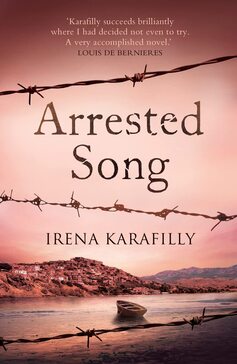
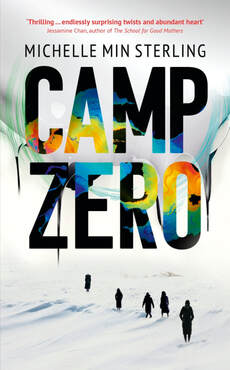
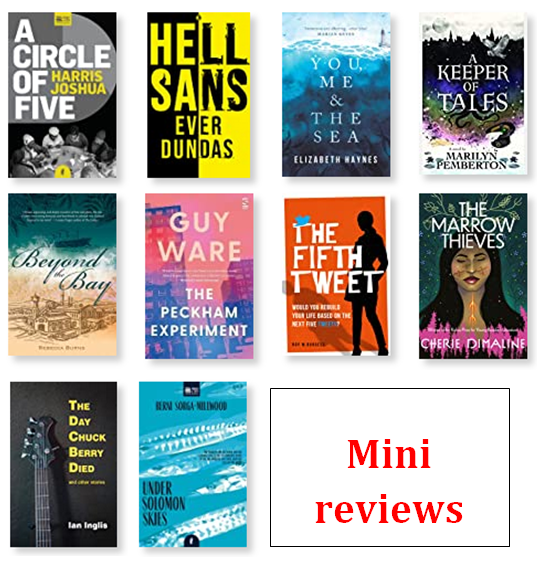
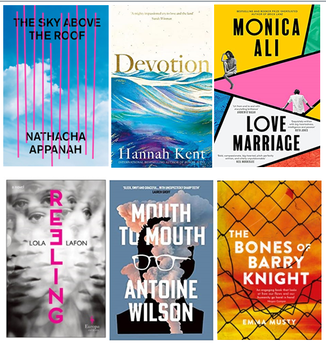
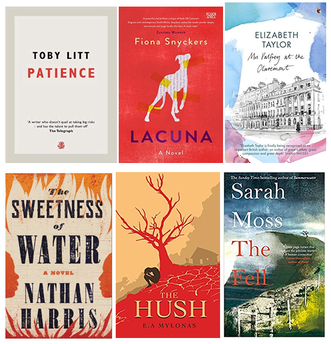
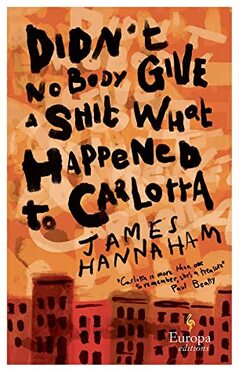
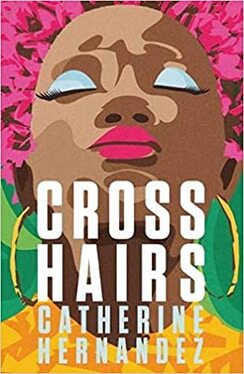
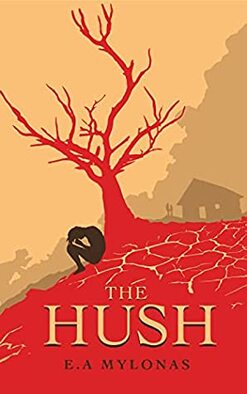
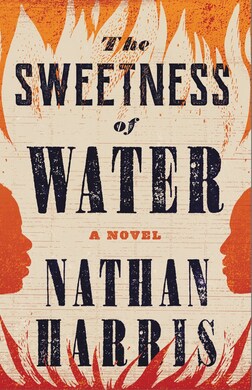
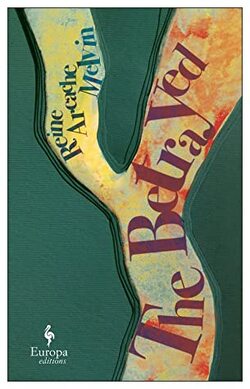
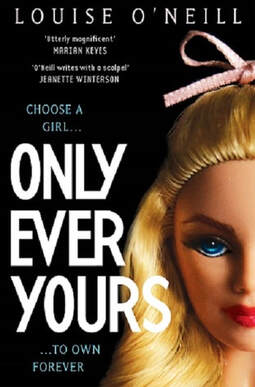
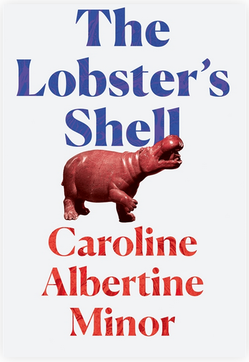
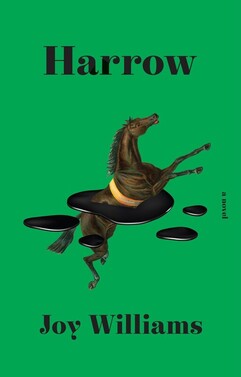
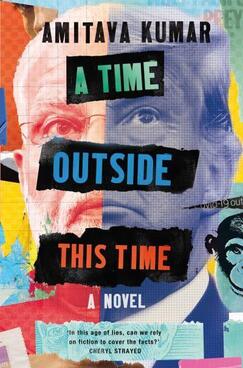
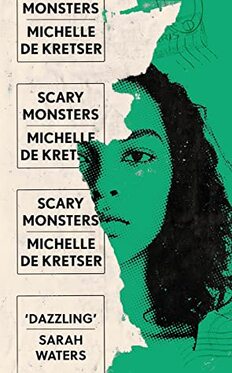
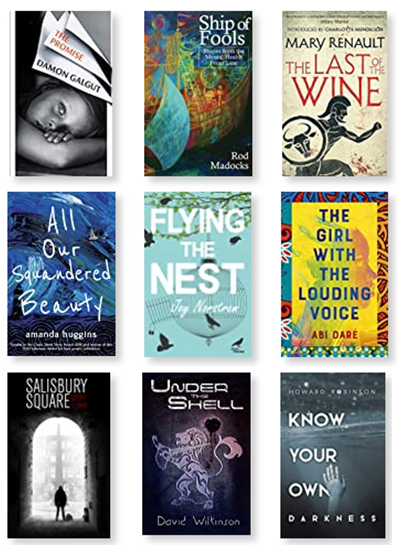
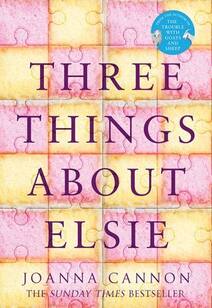

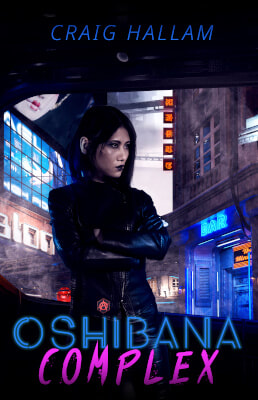
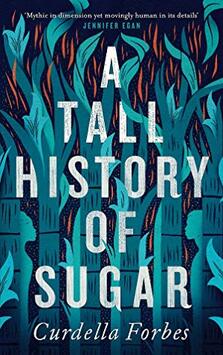
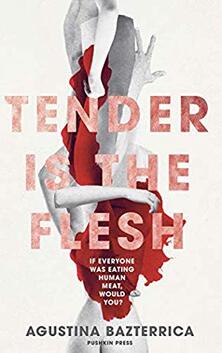

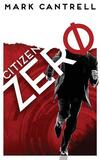





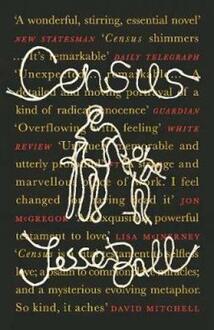
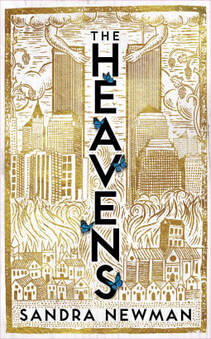
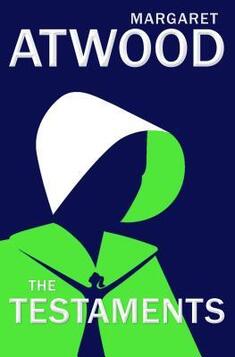
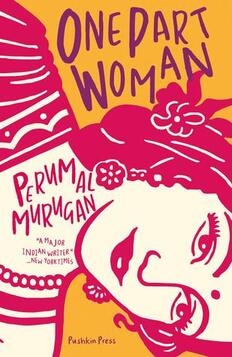
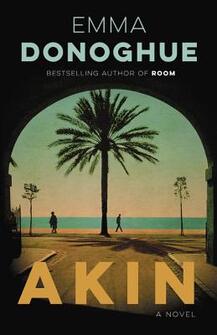
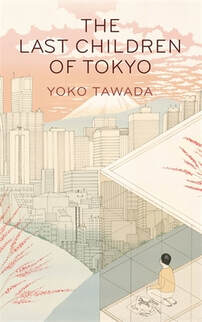
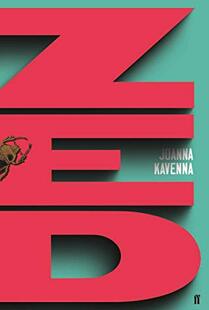
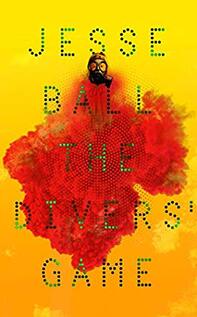
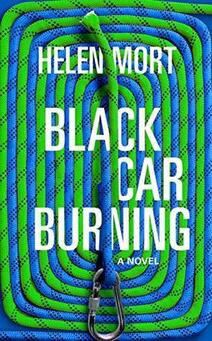
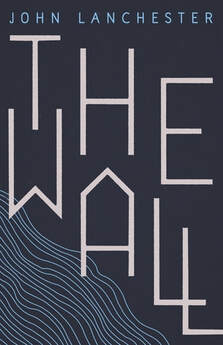
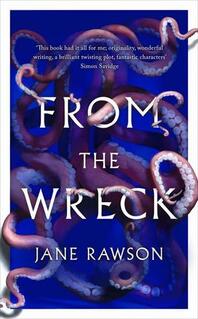
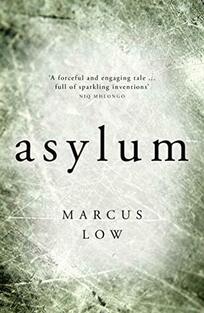
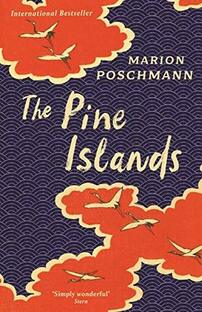
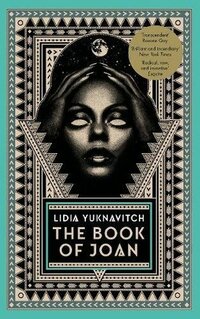
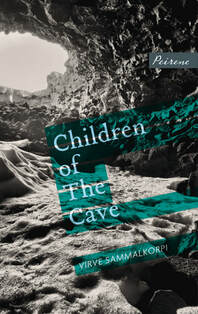
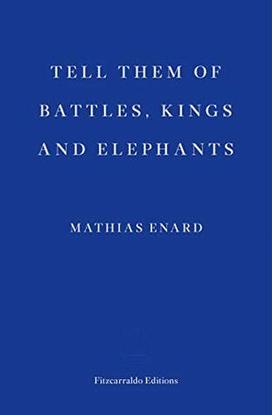
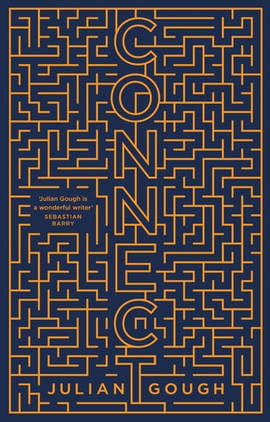
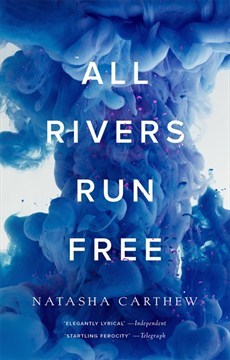
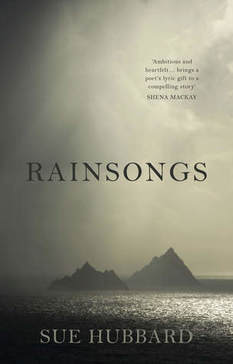
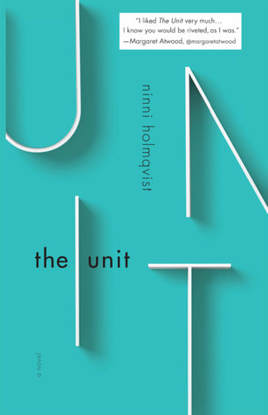
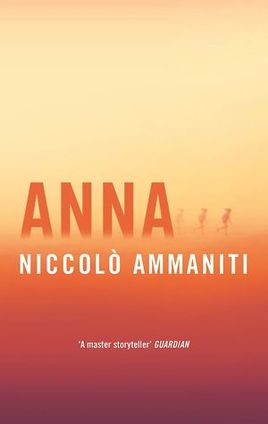
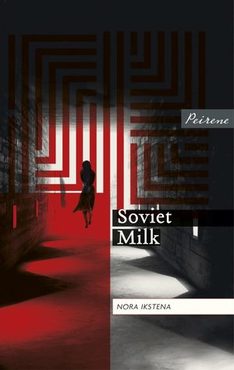
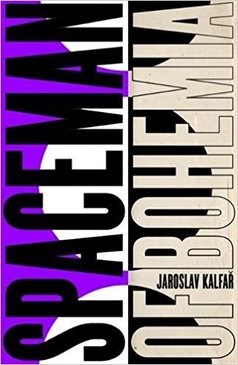
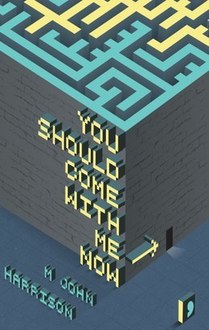
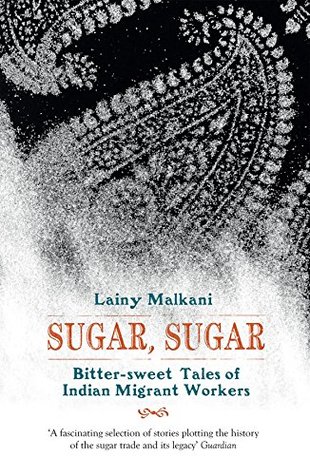
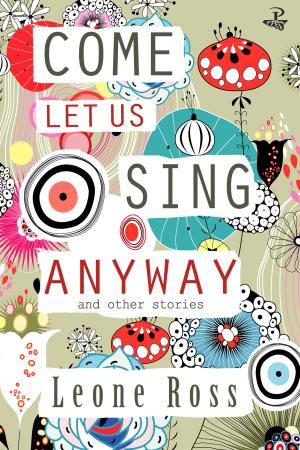
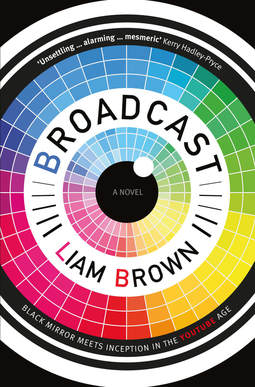





















 RSS Feed
RSS Feed





















